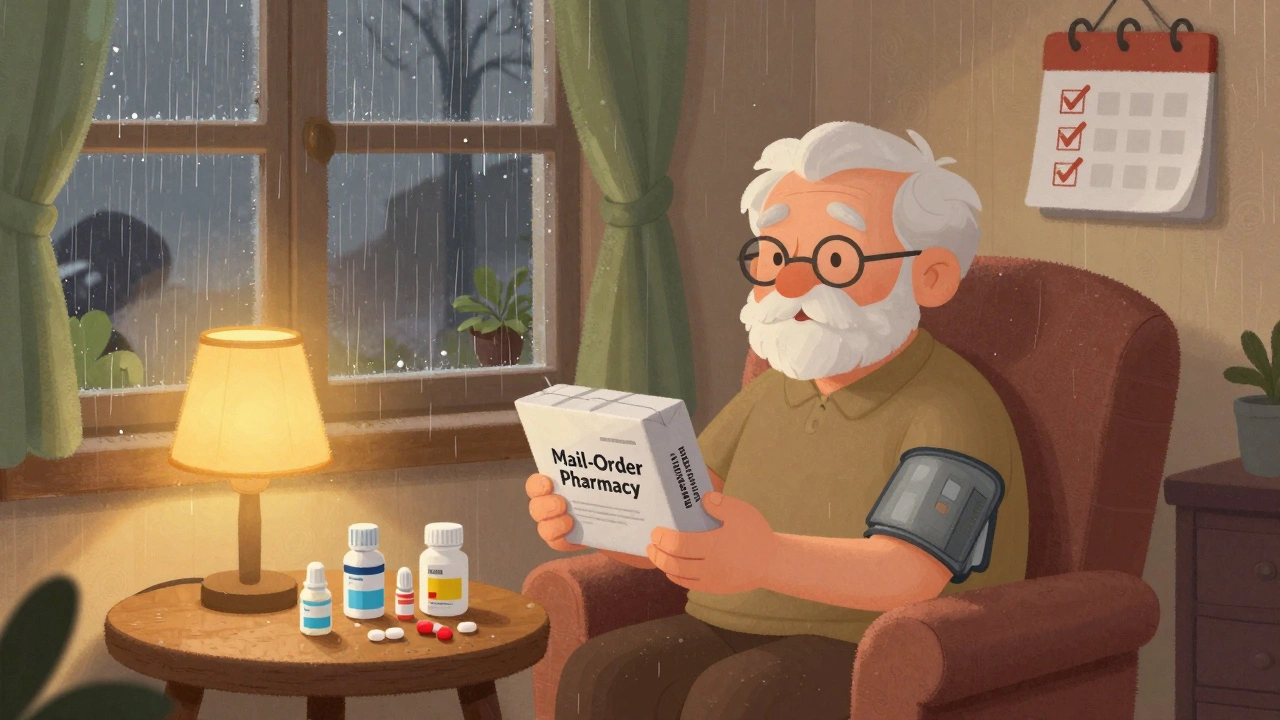Medication Adherence Made Easy: How to Never Miss a Dose Again
Ever taken a pill and then wondered if you already took it? You’re not alone. Skipping doses or taking meds at the wrong time can lower the effectiveness of any treatment, from gout drugs to antidepressants. The good news? A few tiny habits can turn that chaos into a smooth routine.
Set Up Simple Reminders That Actually Work
First thing’s first: use a reminder you’ll see. A phone alarm works for most people, but you can also try a smartwatch vibration, a kitchen timer, or a sticky note on the bathroom mirror. The key is to pair the reminder with a daily activity you already do – brushing teeth, breakfast, or checking the mail. When the cue and the reminder line up, you won’t forget.
Organize Your Pills Like a Pro
Pill organizers aren’t just for grandparents. A weekly box with compartments for morning, midday, and night doses lets you see at a glance what’s missing. Fill it up on a designated day – Sunday night works for many – and you’ll spot gaps before they become a problem. If you travel, keep a small travel pouch ready so you never scramble for a missing tablet.
Apps can add a digital layer to this system. Look for ones that send push notifications, track missed doses, and let you record side effects. Some even let you share data with your pharmacist or doctor, making follow‑ups faster.
Another easy trick is to keep your medication in a place you already visit. For example, if you take a blood pressure pill in the morning, store it next to your coffee maker. Just make sure the spot is dry and out of reach of kids or pets.
When you start a new prescription, ask the pharmacist to explain the most important dosing points. Knowing why a drug must be taken with food, or why it shouldn’t be taken close to bedtime, makes the schedule stick.
Finally, don’t be afraid to speak up if a regimen feels impossible. Sometimes doctors can switch you to a once‑daily formula, adjust the timing, or combine tablets to cut down the pill count. A short conversation can save you weeks of frustration.
Putting these steps together—reminders, organizers, smart apps, strategic storage, and open communication—creates a safety net that catches missed doses before they happen. Whether you’re managing gout with Zyloprim, keeping cholesterol low with Crestor, or treating anxiety with Prozac, staying on schedule is the simplest way to boost your health outcomes.
Ready to give it a try? Pick one tip today, set it up, and notice the difference by the end of the week. Your future self will thank you for the extra peace of mind and better results.
How to Use Pharmacy Delivery and Mail-Order for Convenience
Learn how pharmacy delivery and mail-order services improve medication adherence with 90-day refills, lower costs, and home delivery-perfect for chronic conditions like diabetes, high blood pressure, and cholesterol.
View moreBicalutamide Caregiving Guide: Helping a Loved One Through Prostate Cancer Treatment
Practical tips for caregivers supporting someone on Bicalutamide therapy. Learn about side‑effects, medication management, emotional care and how to work with health teams.
View more

